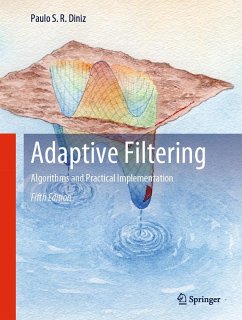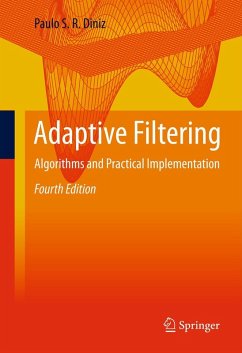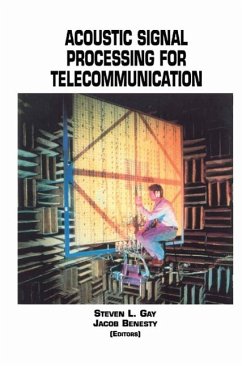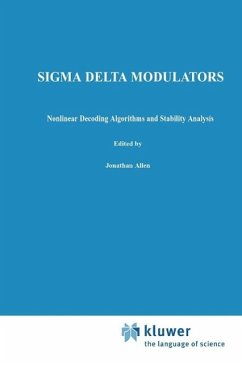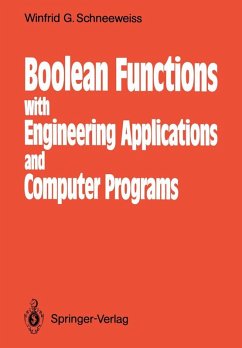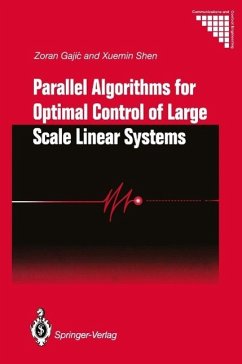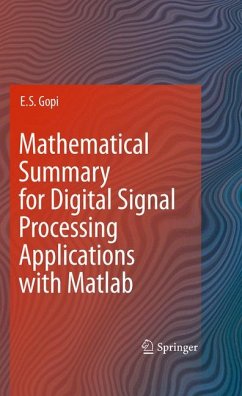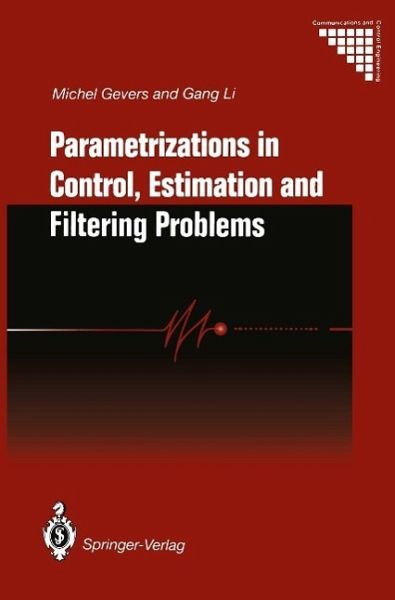
Parametrizations in Control, Estimation and Filtering Problems: Accuracy Aspects (eBook, PDF)
Versandkostenfrei!
Sofort per Download lieferbar
72,95 €
inkl. MwSt.
Weitere Ausgaben:

PAYBACK Punkte
36 °P sammeln!
This book is all about finite wordlength errors in digital filters, con trollers and estimators, and how to minimize the deleterious effects of these errors on the performance of these devices. This does by no means imply that all about finite wordlength errors in filters, controllers and estimators is to be found in this book. We first ventured into the world of finite wordlength effects in 1987 when Gang Li began his PhD thesis in this area. Our more experienced readers might well say 'This shows', but we believe that the extent of our new contributions largely offsets our relative inexperie...
This book is all about finite wordlength errors in digital filters, con trollers and estimators, and how to minimize the deleterious effects of these errors on the performance of these devices. This does by no means imply that all about finite wordlength errors in filters, controllers and estimators is to be found in this book. We first ventured into the world of finite wordlength effects in 1987 when Gang Li began his PhD thesis in this area. Our more experienced readers might well say 'This shows', but we believe that the extent of our new contributions largely offsets our relative inexperience about the subject that might surface here and there in the book. Our naive view on the subject of finite wordlength errors in 1987 could probably be summarized as follows: . numerical errors due to finite wordlength encoding and roundoff are something that one has to live with, and there is probably not much that can be done about them except to increase the wordlength by improvements on the hardware; . these errors are as old as finite arithmetic and numerical analysis and they must therefore be well understood by now; . thus, if something can be done to minimize their effects, it must have been analysed and put into practice a long time ago. It is almost fair to say that we were wrong on all counts.
Dieser Download kann aus rechtlichen Gründen nur mit Rechnungsadresse in A, B, BG, CY, CZ, D, DK, EW, E, FIN, F, GR, HR, H, IRL, I, LT, L, LR, M, NL, PL, P, R, S, SLO, SK ausgeliefert werden.



